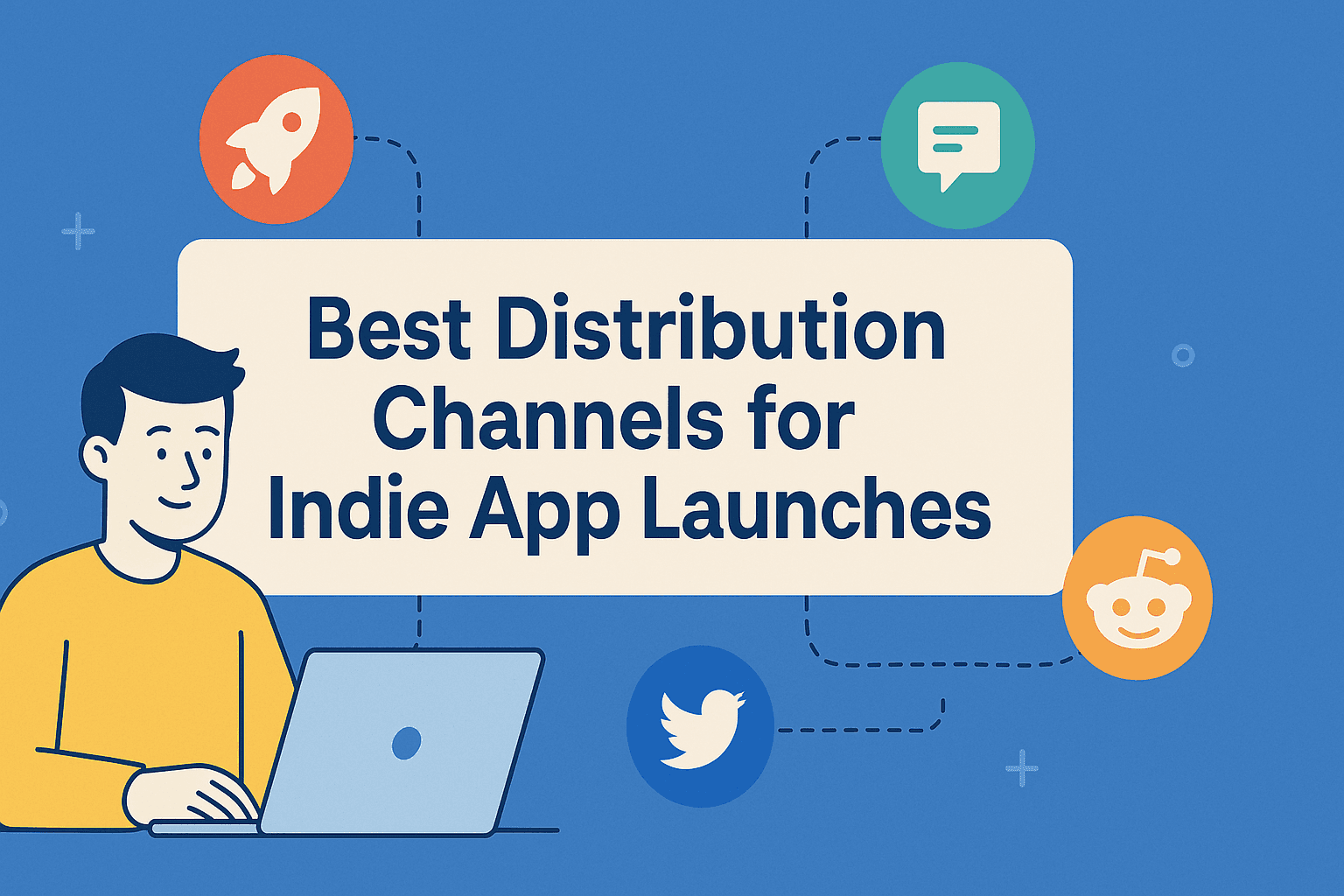Let’s be real, most devs would rather ship code than tweet about it.
Marketing often feels fake, forced, or just... not us.
But here’s the thing: if you’ve built something cool, people deserve to find it.
You don’t need to become a growth hacker or write cringe threads. You just need a launch plan that’s honest, developer-friendly, and effective. Here's how.
🎯 1. Start With Who You're Building For
The biggest marketing mistake devs make? Trying to reach everyone.
Your project isn’t for everyone, and that’s a good thing.
Figure out who your ideal user is:
Other developers who share your pain point?
Indie hackers launching projects on the side?
Small SaaS founders trying to grow?
Knowing who you’re helping makes it easier to communicate why your product matters.
🛠️ 2. Document as You Build
You don’t need to “create content”, just share what you’re already doing.
Build-in-public updates, progress screenshots, GitHub changelogs... it all counts.
Examples:
“Just finished setting up CI/CD for my launch!”
“Designing the onboarding flow today, any feedback welcome?”
“Beta testers wanted, here’s what the tool does 👇”
This isn’t marketing fluff. It’s storytelling. And people love stories they can follow.
🧩 3. Break Launch Into Phases
Don’t put all your energy into one massive “launch day.”
Instead, think in phases:
Soft launch — DM a few dev friends for feedback
Early user launch — Post in niche Discords or Reddit communities
Public launch — Share on Twitter, Product Hunt, etc.
This lets you learn, adjust, and avoid the pressure of making one day “perfect.”
✍️ 4. Use Templates to Avoid Blank Screen Syndrome
You don’t have to be a copywriter. You just need clarity.
Start with simple templates that keep your writing focused and human:
“I built [product] because I kept running into [problem].
It helps [audience] do [outcome] without [pain point].”
Or:
“Here’s what my tool does →
✅ Feature 1
✅ Feature 2
✅ Feature 3Launching soon, join the waitlist / give it a try / feedback welcome!”
Templates save time, reduce anxiety, and still let your personality shine through.
📣 5. Pick 2–3 Channels and Go Deep
You don’t need to be everywhere.
Pick the platforms that make sense for you and your audience:
Twitter for dev/build-in-public audiences
Reddit for niche communities (but read the room first)
Discord if you're active in relevant servers
Product Hunt for the big public launch (optional)
Go where your people already hang out, and contribute, don’t spam.
🔁 6. Keep Going After Launch
The launch isn’t the end, it’s the beginning of feedback and iteration.
Even 5 users can give you insights that shape the next version.
Keep sharing small updates:
“Just fixed the most annoying bug, feels good 😅”
“V1.1 just dropped with new features based on your feedback!”
This builds trust, community, and momentum.
🧰 Bonus: Use Tools Made for Devs
If planning a launch still feels overwhelming, use tools built for people like you.
That’s why I created CoLaunchly, a marketing co-pilot for devs that gives you:
Personalized launch checklists
Content templates by channel and audience
A simple strategy without the fluff
Because honestly? I needed something like this myself.
👋 Final Thoughts
You don’t need to become a marketer.
You just need a system that feels natural, honest, and doable.
Marketing isn’t about pretending your product is perfect.
It’s about helping the right people discover something you know is valuable.
So keep building, and when you’re ready to share, do it in a way that feels like you.




